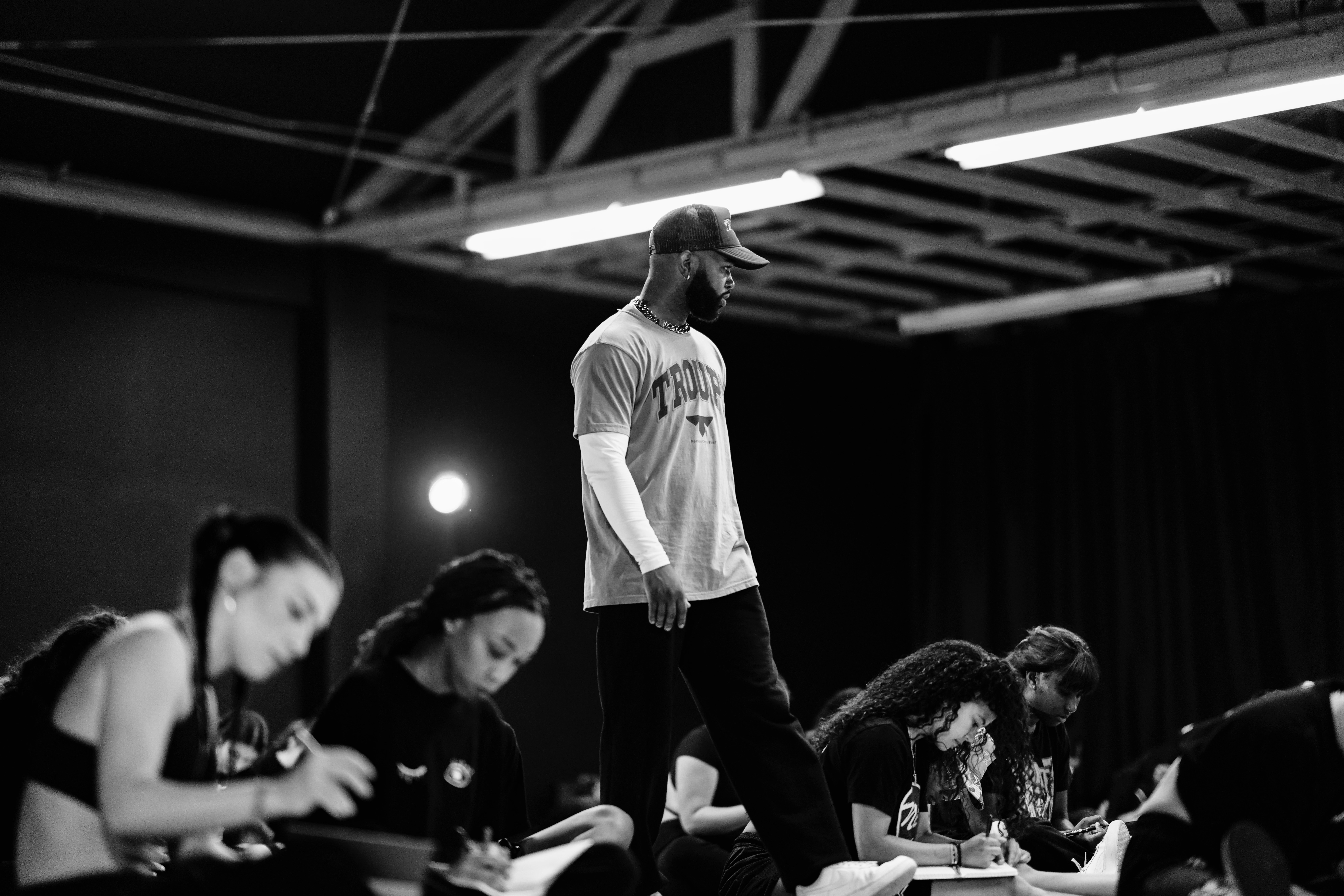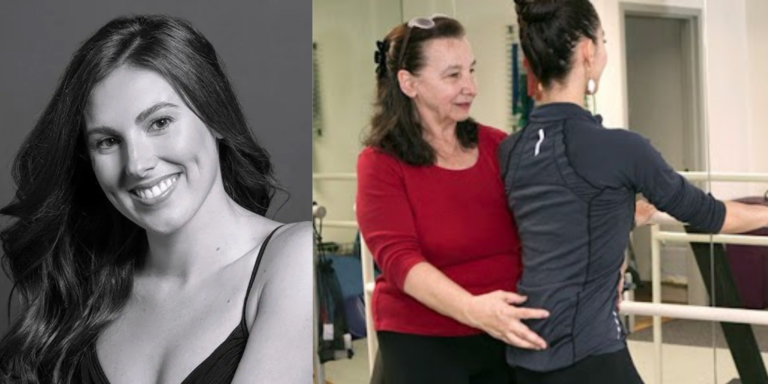
Working with young people can be incredibly stressful. As a dance teacher, you might often take on a lot of the emotional burdens of your students, so it’s extremely hard to proactively take a step back and consider how you’re feeling on a day-to-day basis.
But practicing self-care is essential. Because when you make your mental health and emotional well-being a priority, you’re able to show up for your students in the classroom and in the community in a way that both you and they deserve.
Use these tips to create a dedicated mental-wellness checklist for yourself that you can incorporate into your daily life:
Practice staying in touch with your needs and emotions
Work towards finding a greater connection to yourself through meditation, prayer or even walking in nature. Think about what might allow you to take a pause from the busyness of life and connect to your own thoughts and feelings a bit more intimately. You want to make sure you’re leading from the heart instead of leading from hurt, as emotions researcher Brené Brown suggests.
Or, just don’t show up. That, too, is a valid option, and one you should consider if you find that you’re not able to identify or work through heavy emotions, stress or overwhelm. Showing up to teach stressed-out will manifest negatively on your students. Instead of teaching that day, take that time to reach out to a friend or fellow dance educator who can understand and empathize with the specific challenges you’re facing.
Delegate and seek support
The perfectionist mentality that most dance educators have often leads to people-pleasing, which makes it hard to say no. But don’t allow yourself to get into martyrdom just because you haven’t learned how to ask for help or set boundaries and limits.
Remember: It’s your responsibility to only take on what you can manage, and no one else gets to decide how much or how little that is. For instance, if you’re a dance teacher working for an owner who’s always asking you to take more on, perhaps it’s time to set some boundaries and be clear about what you can handle in order to maintain your mental well-being.
On the other hand, if you’re a studio owner that’s being constantly bombarded with questions or complaints from parents, you can create boundaries by not answering texts or emails right away. Set the expectation that you won’t be checking those modes of communication at all times, and consider setting working hours for yourself, too. This way, everyone else around you can learn to manage their expectations accordingly.
Lean into your strengths
Each of us can handle different levels of social interaction. Research suggests there are five basic personality traits: openness to new experiences, extraversion, conscientiousness, agreeableness and neuroticism. When you have more clarity about your own personal traits, it can help you become clearer on your needs. You’ll then be better able to lean into your strengths and set boundaries. For instance, if you were at a competition or convention all weekend and are asked to sub the very next day, and extraversion is not one of your strong personality traits, you’ll be better off saying no and taking some time to yourself instead.

Be mindful of the food–mood connection
When you’re overextended and on-the-go too much, it’s extremely easy to rely on convenience foods more often than you’d like. While there’s certainly a place for convenience food, consider the ingredients and their impact on your body. Better still, make sure you plan ahead so you have plenty of fresh food options available to pack for your busiest days.
Prioritize your physical health needs
When you’re at the classroom or studio, your most important role is to teach and provide your students with corrections. This means that you’ll have to prioritize healthy movement opportunities for yourself at another time. Try to incorporate a morning yoga practice or an early afternoon gym session before or after your teaching hours to keep fit and stay healthy.
Write to process
Journaling has a great range of benefits that include recognizing your needs and boosting your well-being. Taking some time to write down what’s going on can help you process and find greater calm in otherwise stressful situations.
Make connections outside the dance studio
When dance teachers hang out with other dance teachers and dancers hang out with other dancers, dance tends to be top of mind all the time. This can eventually lead to burnout. Foster friendships, hobbies and interests that have nothing to do with dance, so you’ll be able to return to the classroom or studio with a refreshed mind and energy.
Name your emotions
Learning to properly name your emotions will allow you to better manage them. Psychologist Dan Siegel refers to this practice as “name it to tame it.” When you’re able to identify what you’re feeling, you’ll be able to take self-supportive action. That way, when you show up to teach, whatever you’re feeling won’t project onto your students.
Consider professional help
Even though a lot of progress has been made, the stigma around mental illness still exists. Perhaps even more so in environments that are tied to perfectionism, like in dance. But it’s not weak to ask for help—it’s actually an incredibly brave and self-loving thing to do.

There are a number of signs and symptoms that show how you can benefit from some mental health support. They include things like feeling excessively worried or sad, avoiding friends or social situations, and overuse of substances like alcohol or drugs. For a full list and resources, visit the National Alliance of Mental Illness website. You can also get in touch with therapists in your area to find someone who can help and support you through these feelings.
Alternatively, if you feel well overall but recognize that you might need support to create a more balanced approach to your life and want to create goals and work towards them with accountability, consider hiring a health or lifestyle coach. Many of the dancers I work with are seeing therapists and simultaneously work with me as their coach.
Everything begins with self-awareness
Self-awareness truly is the key to discovering a balanced approach to your own mental wellness. When you do the work to develop self-awareness and learn to manage your own emotional responses to stress, you’ll be better able to continue to show up and provide a good example to your students.
Make it a habit to step back each and every day and ask yourself what areas of your life need attention. At the very least, consider your career, physical activity, relationships, and spirituality when you assess the balance of your life.
Don’t be afraid to ask for help, and remember, you’ll be helping your students and fellow colleagues by being a happier and healthier version of yourself.
Resources for you:
Psychology Today “Find a Therapist” Online Database
National Alliance on Mental Illness
Editor’s note: a previous version of this article has been updated to remove information regarding processed foods being linked to depression.





